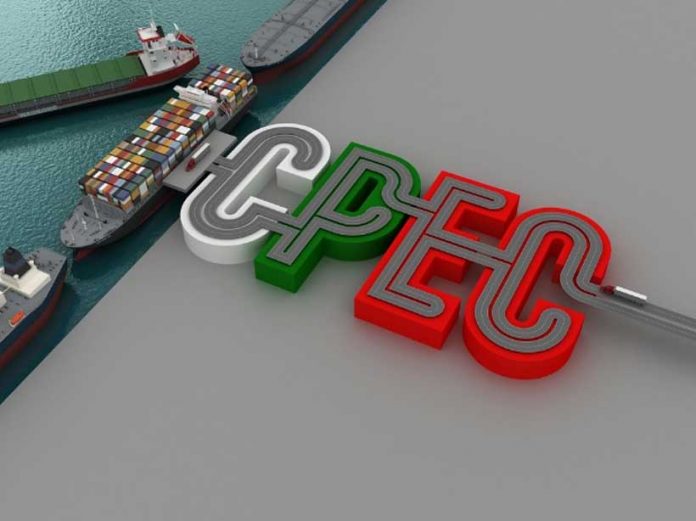ISLAMABAD: As global efforts intensify to combat climate change, the integration of green technologies into large-scale infrastructure projects like the CPEC presents both opportunities and challenges for Pakistan.
Experts have underscored the significance of green diplomacy, policy coherence and effective collaboration to ensure the success of CPEC 2.0 – a reference to the second phase of the multi-billion-dollar project, which aims to improve the living standards of Pakistanis and create jobs.
Talking to Media, Dr Abid Qaiyum Suleri, a prominent voice in environmental policy matters and Executive Director of the Sustainable Development Policy Institute (SDPI), advocated expanding green diplomacy efforts, which involve diplomatic and strategic initiatives aimed at promoting green technologies.
“Pakistan is facing unprecedented challenges from extreme climatic events, such as flash floods and heatwaves. Now is the perfect time to forge new alliances and explore strategies to promote economic growth and prosperity. We must prioritise environmental protection and sustainable development goals in CPEC’s development agenda,” he said. He stressed the importance of replacing conventional production methods with sustainable alternatives to offset carbon emissions.
Talking to Media, Muhammad Arif Goheer, Principal Scientific Officer at Global Change Impact Studies Centre (GCISC), Ministry of Climate Change, said that developing a green investment roadmap would help manage environmental and social risks, align CPEC projects with cleaner energy goals and attract sustainable investments.
He said that Pakistan was still in the early stages of developing its economy. “The main barrier to sector-wise transformation is the lack of funds to invest in renewable energy because green financing in Pakistan is still a residual policy and not a mainstream economic policy.”
Recently, SDPI and the Pakistan-China Institute (PCI) jointly organised a high-level policy dialogue on “Reforms Agenda for CPEC 2.0: Opportunities and the Way Forward” under the Green CPEC Alliance.
NA Zuberi, Senior Adviser at China Three Gorges South Asia Investment Limited, outlined the primary concerns faced by Chinese firms operating within CPEC, along with proposed strategies for the successful completion of its second phase. Zuberi identified frequent policy changes, complex administrative procedures, bureaucratic obstacles, the absence of a clear framework for land acquisition and security issues as significant challenges.
To move forward, he suggested developing comprehensive sector-specific roadmaps, consulting with Chinese companies to devise security plans, enhancing collaboration between Pakistan and China, bolstering the capacity of Pakistani institutions, facilitating technology and knowledge transfer, implementing robust monitoring and evaluation mechanisms, raising public awareness and engagement, and prioritising environmental sustainability. –INP





